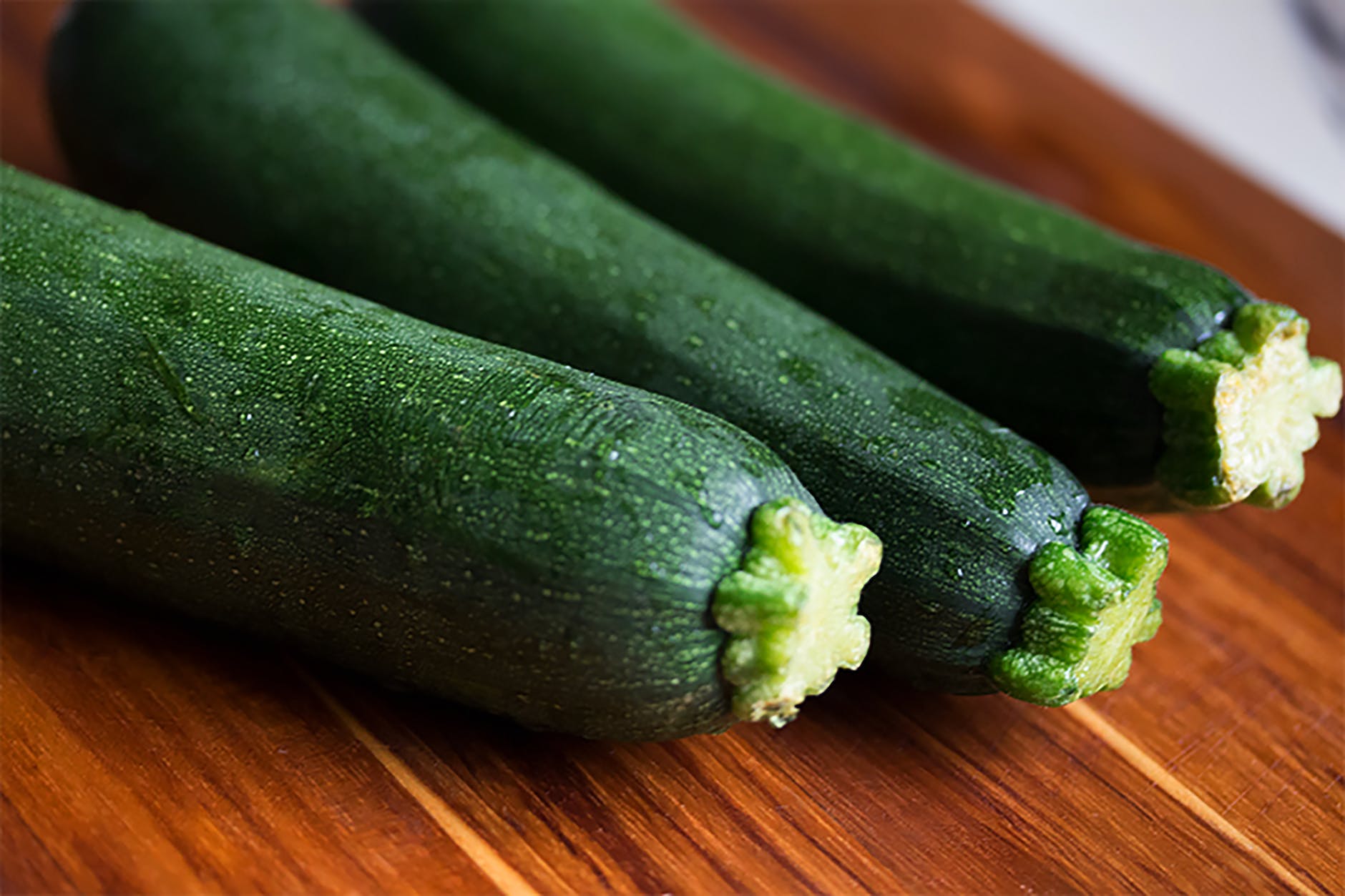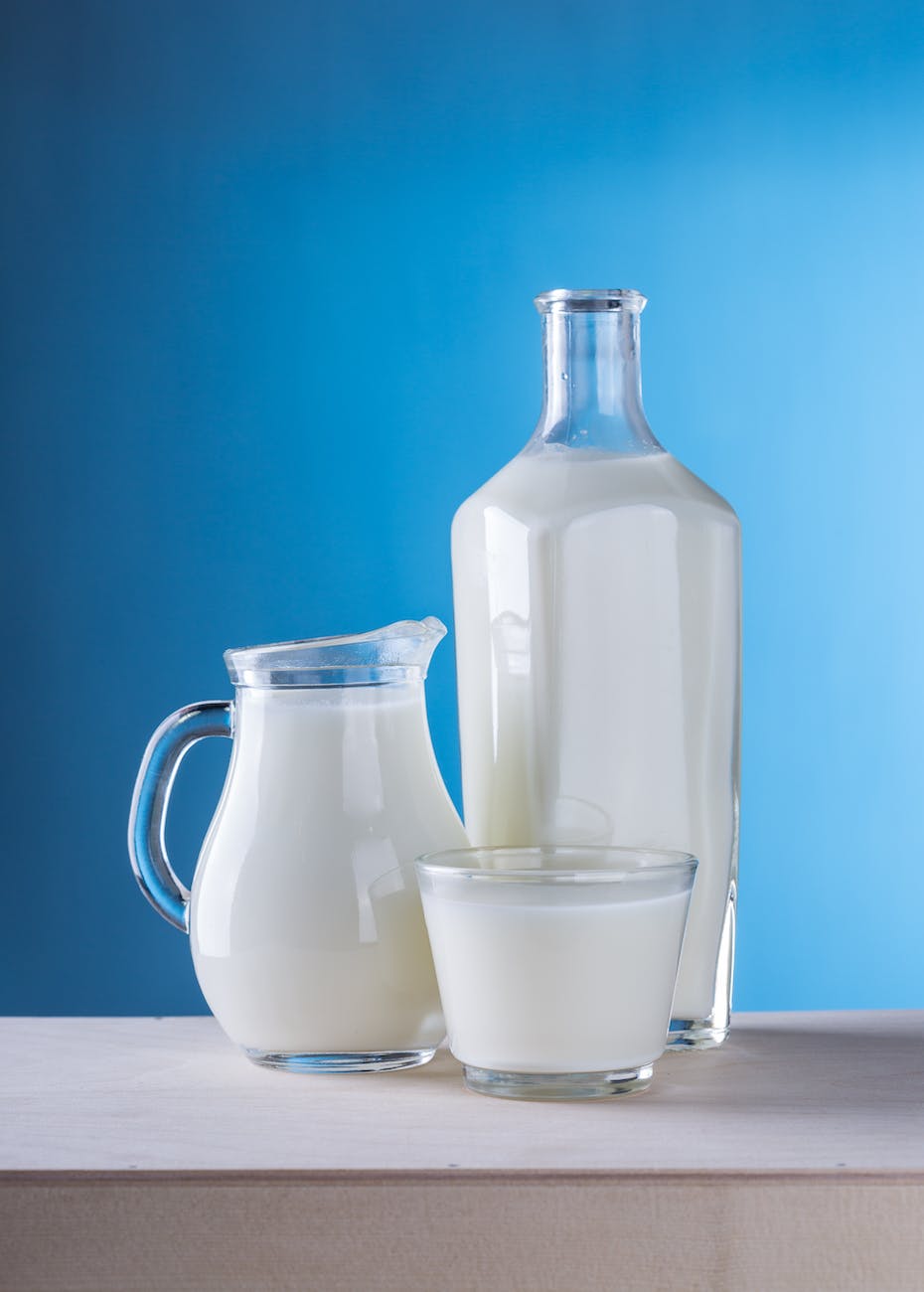
Zucchini: The Ultimate Guide to Weight Loss and Nutritional Benefits
Zucchini, often referred to as courgette in some parts of the world, is not just a simple summer squash. It’s a powerhouse of nutrition, offering a multitude of health benefits. Whether you’re on a weight loss journey or simply aiming to boost your overall health, zucchini might just be the vegetable you’ve been overlooking. Let’s dive deep into the world of zucchini and explore its potential.
1. Zucchini: A Weight Loss Ally
If you’re aiming to shed some extra pounds, zucchini should be on your plate. Here’s why:
- Low in Calories: One cup of raw zucchini has a mere 20 calories. This means you can eat a good amount without consuming too many calories.
- High Water Content: Zucchini is composed of about 95% water. This high water content can help you feel full and satisfied, reducing the chances of overeating.
- Zoodles – A Pasta Alternative: Zucchini noodles, affectionately known as “zoodles”, are a fantastic low-carb, low-calorie alternative to traditional pasta. They can be paired with a variety of sauces, giving you the pasta experience without the added carbs.
2. Nutritional Goldmine
Zucchini is not just about weight loss; it’s packed with essential nutrients:
- Vitamins: It’s a good source of Vitamin C, which is crucial for skin health and immunity. It also provides Vitamin B6, essential for brain health and the conversion of food into energy.
- Minerals: Zucchini boasts minerals like potassium, which can help regulate blood pressure, and magnesium, known for its muscle and nerve functions.
- Dietary Fiber: This vegetable is a good source of dietary fiber, promoting digestive health and aiding in cholesterol regulation.
3. Beyond Weight Loss: Health Benefits of Zucchini
Zucchini’s benefits extend beyond just weight loss:
- Heart Health: The combination of fiber, potassium, and magnesium in zucchini can help reduce the risk of heart diseases.
- Antioxidant Properties: Zucchini contains antioxidants like lutein and zeaxanthin, which can combat oxidative stress and reduce the risk of age-related diseases.
- Blood Sugar Regulation: The fiber content in zucchini can help stabilize blood sugar levels, making it beneficial for diabetics.
4. Culinary Delights: How to Enjoy Zucchini
The versatility of zucchini is unmatched:
- Raw Zucchini: Thinly sliced zucchini can be added to salads or used as a base for zucchini carpaccio.
- Baked Goods: Zucchini bread and muffins are delicious ways to sneak in some veggies into your baked goods.
- Stuffed Zucchini: Hollow out a zucchini and stuff it with a mixture of grains, veggies, and proteins for a wholesome meal.
- Grilled Zucchini: Perfect for summer BBQs, grilled zucchini slices can be seasoned with herbs and spices for a smoky flavor.
5. Zucchini vs. Other Veggies
Compared to other vegetables, zucchini stands out due to its versatility in cooking and its rich nutrient profile. For instance, while cucumbers are hydrating, zucchinis offer a broader range of vitamins and minerals.
Conclusion
Zucchini is more than just a green vegetable; it’s a versatile, nutritional powerhouse that can support weight loss, heart health, and overall well-being. By incorporating zucchini into your diet, you’re not only treating your taste buds but also nourishing your body.
FAQs
- How does zucchini’s nutritional profile compare to other squashes?
Zucchini, like other squashes, is rich in vitamins and minerals but tends to have fewer calories and carbs, making it a preferred choice for many. - Is zucchini safe for pregnant women?
Absolutely! Zucchini is not only safe but also beneficial for pregnant women due to its folate content, which supports fetal development. - Can zucchini be juiced?
Yes, zucchini can be juiced and combined with other vegetables and fruits for a refreshing drink. - Why is zucchini sometimes called a “summer squash”?
Zucchini is termed “summer squash” because it is harvested during the summer months when it’s tender and soft. - How should zucchini be stored for freshness?
It’s best to store zucchini in a plastic bag in the refrigerator’s crisper drawer. It can last for about a week.
Blog Tags:
Zucchini, Weight Loss, Nutritional Benefits, Zoodles, Heart Health, Dietary Fiber, Antioxidants, Cooking Tips, Summer Squash, Health and Wellness.













